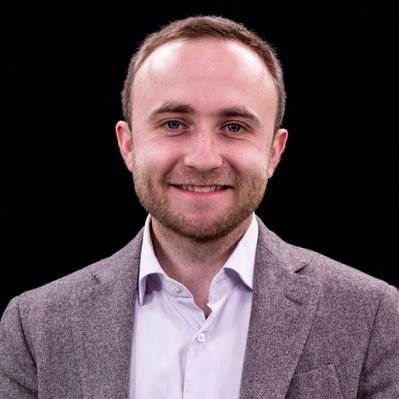In Kazakhstan, Catholics make up only about 1% of the population, yet the Vatican’s presence is notably strong. During the International Interreligious Congress in Astana, Vatican representative Msgr. Khaled Akasheh sat prominently at the center of the roundtable. This raises the question: Why would a representative of such a small religious minority hold such a prominent position in a predominantly Muslim country?
Vatican's Role in Kazakhstan’s Interreligious Efforts
The Vatican's involvement in Kazakhstan’s interreligious dialogue began after Pope Saint John Paul II’s historic visit in 2001, where he called for peace and cooperation among different faiths. Inspired by his message, Kazakhstan convened the first Congress in Astana in 2003. Metropolitan Tomasz Peta, Archbishop of Astana, believes the Congress plays a crucial role, stating, “The Congress fosters an atmosphere of dialogue, cooperation, and peace. It also helps maintain religious freedom in the country, setting an example to the world.”
Kazakhstan is a diverse nation, home to 120 ethnic groups and nearly 4,000 religious organizations representing 18 denominations. Islam, practiced by 70% of the population, is the dominant faith, followed by Christianity, predominantly Russian Orthodox. Despite its small size, the Catholic Church has a notable presence, with the modest Cathedral in Astana having welcomed two popes—John Paul II in 2001 and Pope Francis in 2022.
Youth Involvement and Global Impact
A significant development at this year’s Congress was the introduction of the Youth Forum of Young Religious Leaders, which drew participants from 30 countries. Darya Halubkova, representing Catholic youth, emphasized the role of young Catholics in promoting peace through dialogue: “Through their openness and willingness to listen, Catholic youth can exemplify Christ’s love, so that even non-religious youth may experience it and recognize that Catholic youth are motivated by something greater.”
Kazakh university students like Sabina and Amina volunteered at the forum. Sabina, an art management student, noted the growing interest in religion among youth, while Amina, who is not religious, found that the forum challenged common stereotypes.
Monsignor Piotr Pytlovany, spokesperson for the Conference of Catholic Bishops of Central Asia, reinforced this sentiment, saying, “By being friends of Jesus, they will be able to be true friends to those they meet, regardless of nationality or religion. The source of love and spiritual growth for youth, regardless of faith, is Jesus Christ.”
Strengthening Diplomatic Ties and Future Outlook
The meeting of the Secretariat and the Youth Forum was part of a series of high-level interactions between Kazakhstan and the Holy See. In January 2024, Kazakhstan’s President Kassym-Jomart Tokayev visited the Vatican, followed by a joint colloquium in April. Kazakhstan’s Ambassador to the Holy See, Kairat Sarzhanov, commented on the growing partnership, noting that the country shares the Catholic Church’s ideals of goodness, justice, solidarity, and compassion.
Pope Francis, who participated in Kazakhstan’s 2022 interreligious meeting, has warned against rising “warmongering rhetoric” in today’s world. He urged, “Instead, we need to speak of peace, to dream of peace, and to bring creativity and substance to the longing for peace, which is the true expectation of peoples and individuals.”
The next interreligious Congress will be held in Astana in 2025, with Pope Francis once again invited to attend. Kazakhstan continues to stand as a model of interreligious dialogue, with the Catholic Church playing a key role in promoting peace and understanding across faiths.
Adapted by Jacob Stein
Subscribe to our newsletter here

Alexey Gotovskiy serves as a journalist, producer, and manager at the EWTN Vatican Bureau. Born in the former Soviet Union, he holds a graduate degree in Church Communications from the Pontifical University of the Holy Cross and has produced over 200 episodes of EWTN "Vaticano," covering the life of the Universal Church.








